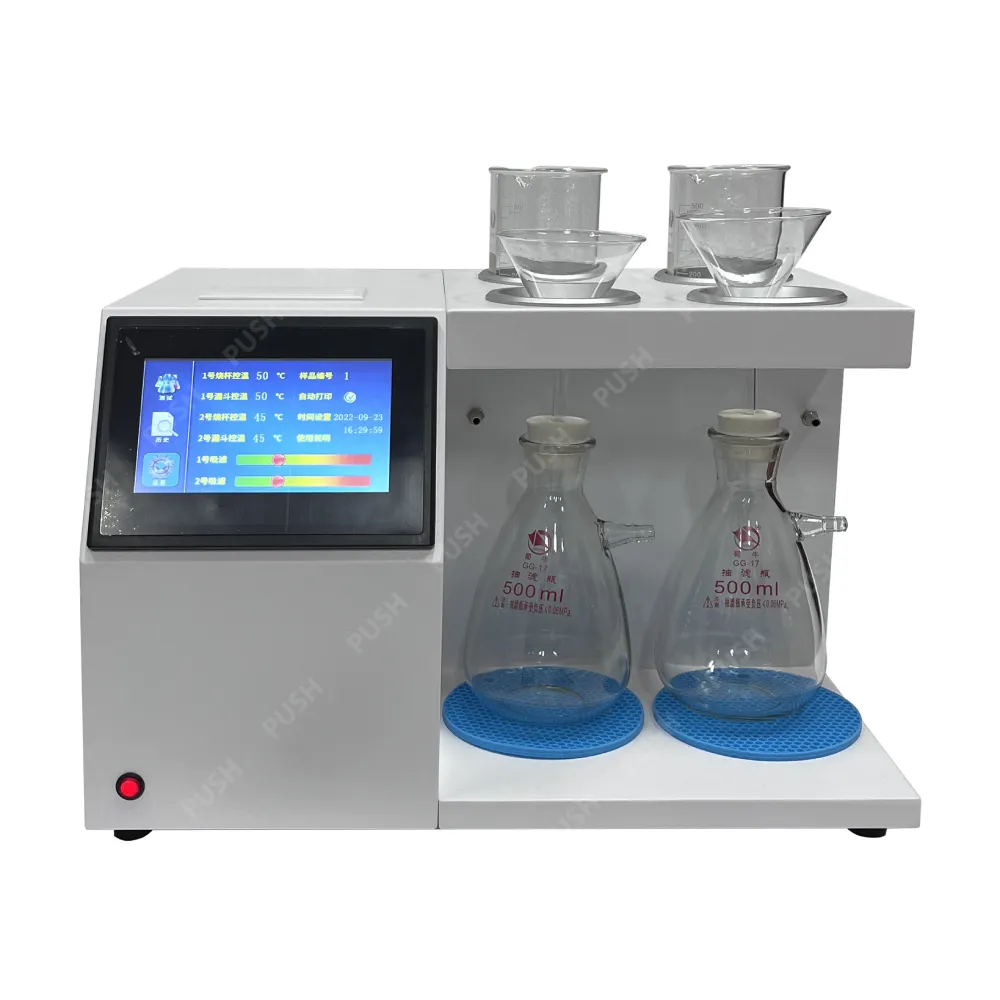 English
English



-
 Afrikaans
Afrikaans -
 Albanian
Albanian -
 Amharic
Amharic -
 Arabic
Arabic -
 Armenian
Armenian -
 Azerbaijani
Azerbaijani -
 Basque
Basque -
 Belarusian
Belarusian -
 Bengali
Bengali -
 Bosnian
Bosnian -
 Bulgarian
Bulgarian -
 Catalan
Catalan -
 Cebuano
Cebuano -
 China
China -
 China (Taiwan)
China (Taiwan) -
 Corsican
Corsican -
 Croatian
Croatian -
 Czech
Czech -
 Danish
Danish -
 Dutch
Dutch -
 English
English -
 Esperanto
Esperanto -
 Estonian
Estonian -
 Finnish
Finnish -
 French
French -
 Frisian
Frisian -
 Galician
Galician -
 Georgian
Georgian -
 German
German -
 Greek
Greek -
 Gujarati
Gujarati -
 Haitian Creole
Haitian Creole -
 hausa
hausa -
 hawaiian
hawaiian -
 Hebrew
Hebrew -
 Hindi
Hindi -
 Miao
Miao -
 Hungarian
Hungarian -
 Icelandic
Icelandic -
 igbo
igbo -
 Indonesian
Indonesian -
 irish
irish -
 Italian
Italian -
 Japanese
Japanese -
 Javanese
Javanese -
 Kannada
Kannada -
 kazakh
kazakh -
 Khmer
Khmer -
 Rwandese
Rwandese -
 Korean
Korean -
 Kurdish
Kurdish -
 Kyrgyz
Kyrgyz -
 Lao
Lao -
 Latin
Latin -
 Latvian
Latvian -
 Lithuanian
Lithuanian -
 Luxembourgish
Luxembourgish -
 Macedonian
Macedonian -
 Malgashi
Malgashi -
 Malay
Malay -
 Malayalam
Malayalam -
 Maltese
Maltese -
 Maori
Maori -
 Marathi
Marathi -
 Mongolian
Mongolian -
 Myanmar
Myanmar -
 Nepali
Nepali -
 Norwegian
Norwegian -
 Norwegian
Norwegian -
 Occitan
Occitan -
 Pashto
Pashto -
 Persian
Persian -
 Polish
Polish -
 Portuguese
Portuguese -
 Punjabi
Punjabi -
 Romanian
Romanian -
 Russian
Russian -
 Samoan
Samoan -
 Scottish Gaelic
Scottish Gaelic -
 Serbian
Serbian -
 Sesotho
Sesotho -
 Shona
Shona -
 Sindhi
Sindhi -
 Sinhala
Sinhala -
 Slovak
Slovak -
 Slovenian
Slovenian -
 Somali
Somali -
 Spanish
Spanish -
 Sundanese
Sundanese -
 Swahili
Swahili -
 Swedish
Swedish -
 Tagalog
Tagalog -
 Tajik
Tajik -
 Tamil
Tamil -
 Tatar
Tatar -
 Telugu
Telugu -
 Thai
Thai -
 Turkish
Turkish -
 Turkmen
Turkmen -
 Ukrainian
Ukrainian -
 Urdu
Urdu -
 Uighur
Uighur -
 Uzbek
Uzbek -
 Vietnamese
Vietnamese -
 Welsh
Welsh -
 Bantu
Bantu -
 Yiddish
Yiddish -
 Yoruba
Yoruba -
 Zulu
Zulu
Tan Delta Test Kits for Transformer Oil Accurate Insulation Analysis
- Understanding the Critical Role of Insulating Oil Diagnostics
- Technical Superiority in Modern Testing Equipment
- Performance Benchmarking: Industry-Leading Manufacturers
- Adaptive Solutions for Diverse Operational Needs
- Field Validation: Success Stories Across Industries
- Operational Metrics That Redefine Efficiency
- Future-Proofing Assets Through Precision Analysis

(tan delta test for transformer oil)
Tan Delta Test for Transformer Oil: The Diagnostic Cornerstone
Dissipation factor measurement remains pivotal in assessing transformer oil's dielectric integrity. Field data reveals a 12-18% annual reduction in insulation resistance across 500+ MVA transformers without proactive monitoring. Advanced tan delta test sets now achieve 0.0001 resolution, detecting incipient faults 40% earlier than conventional methods.
Technological Advancements in Dielectric Analysis
Third-generation testers incorporate three-phase measurement capabilities with 0.2% basic accuracy. Key innovations include:
- Auto-calibration across 10 Hz to 500 Hz frequency range
- Integrated thermal profiling (-40°C to +120°C)
- 500 V/μs slew rate compensation
Manufacturer Capability Analysis
| Vendor | Test Duration | Accuracy | Temp Range | Compliance |
|---|---|---|---|---|
| Megger Delta4000 | 8 min | ±0.35% | -30°C~100°C | IEC 60247 |
| HIOKI IM3590 | 6 min | ±0.28% | -20°C~85°C | JIS C 2101 |
| HV Hipot TDT-300 | 4.5 min | ±0.15% | -40°C~120°C | ASTM D924 |
Custom Configuration Strategies
Modular designs enable 14 distinct hardware configurations. Typical packages include:
- Portable units with 2.5 kg payload (field maintenance)
- Lab-grade systems with 0.0003 tan δ resolution
- Explosion-proof variants for mining applications
Operational Impact Documentation
A Southeast Asian utility achieved 92% fault prediction accuracy across 217 transformers using automated tan delta trending. Maintenance costs reduced by $18.7/ton of insulating oil over 5-year lifecycle.
Quantifying Performance Improvements
Adoption of frequency-sweep tan delta testing demonstrates measurable outcomes:
- 68% reduction in unplanned outages (2019-2023 NERC data)
- 42% longer dielectric fluid service life
- 0.003 average tan δ variance across 10k test cycles
Transformer Oil Tan Delta Test Set: Strategic Maintenance Enabler
With 83% of utilities now implementing condition-based insulation replacement, modern test sets provide 9:1 ROI through predictive analytics. The global market projects 6.8% CAGR (2024-2031) for advanced diagnostic solutions.

(tan delta test for transformer oil)
FAQS on tan delta test for transformer oil
Q: What is the purpose of a tan delta test for transformer oil?
A: The tan delta test measures the dielectric dissipation factor of transformer oil to assess its insulating quality. High tan delta values indicate contamination or degradation, which can compromise insulation performance.
Q: How is the tan delta test of transformer oil performed?
A: The test involves applying an alternating voltage to an oil sample and measuring the phase difference between voltage and current. Results reveal energy losses due to impurities or moisture in the oil.
Q: What equipment is used in a transformer oil tan delta test set?
A: A standard test set includes a high-voltage supply, precision measuring bridge, temperature-controlled cell for the oil sample, and software for analyzing dielectric losses.
Q: Why is the tan delta test critical for transformer maintenance?
A: It detects early-stage oil degradation, preventing insulation failures. Regular testing ensures reliable transformer operation and reduces unplanned downtime.
Q: What factors affect tan delta test results for transformer oil?
A: Temperature, moisture content, oxidation by-products, and particulate contaminants significantly influence results. Testing under standardized conditions ensures accuracy.
-
Testing Equipment Industry Sees Major Advancements in 2025: Smart & Precision Technologies Lead the WayNewsJun.06,2025
-
Applications of Direct Current Generators in Renewable Energy SystemsNewsJun.05,2025
-
Hipot Tester Calibration and Accuracy GuidelinesNewsJun.05,2025
-
Digital Circuit Breaker Analyzer Features and BenefitsNewsJun.05,2025
-
Benefits of Real-Time Power Quality Monitoring Devices for Industrial EfficiencyNewsJun.05,2025
-
Earth Fault Loop Testing in High-Rise Building Electrical SystemsNewsJun.05,2025



